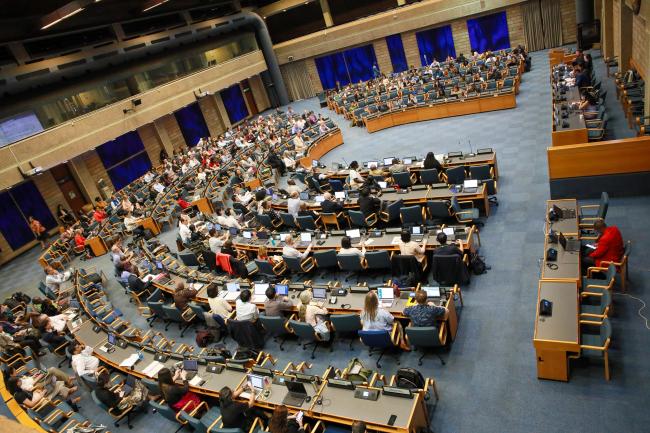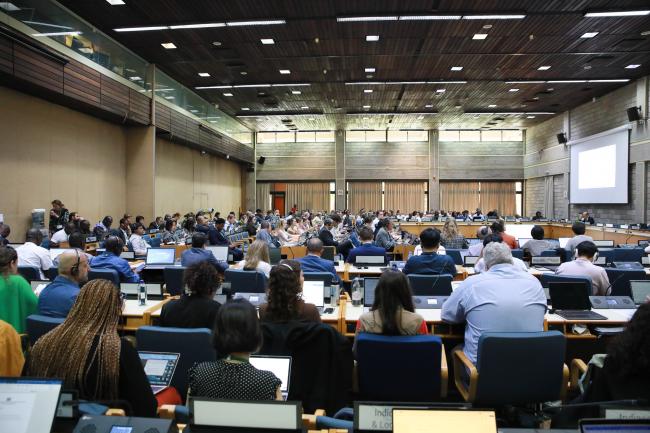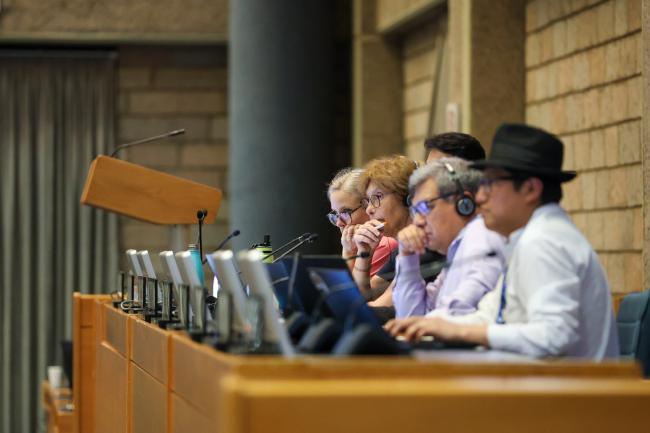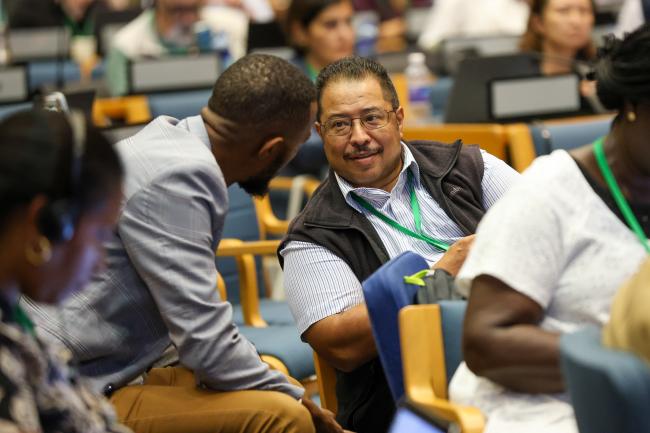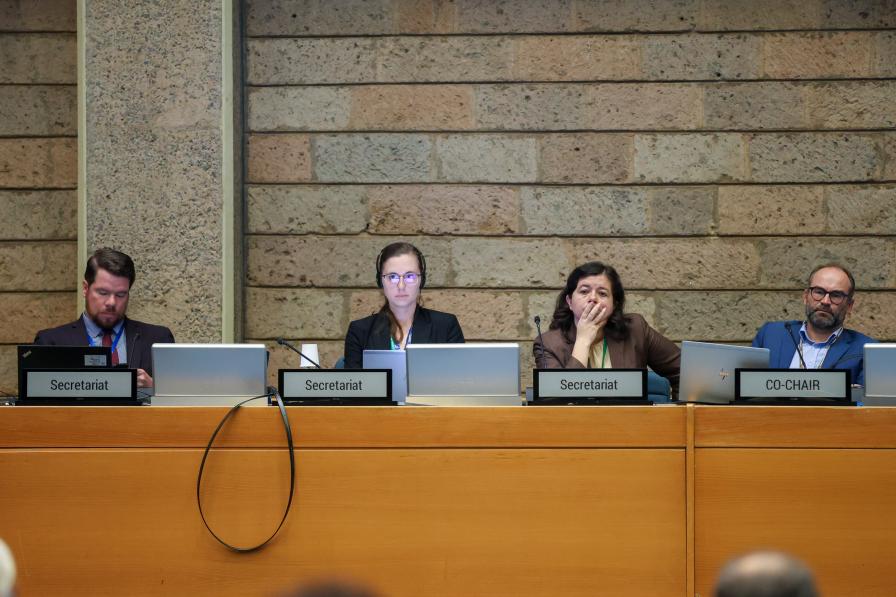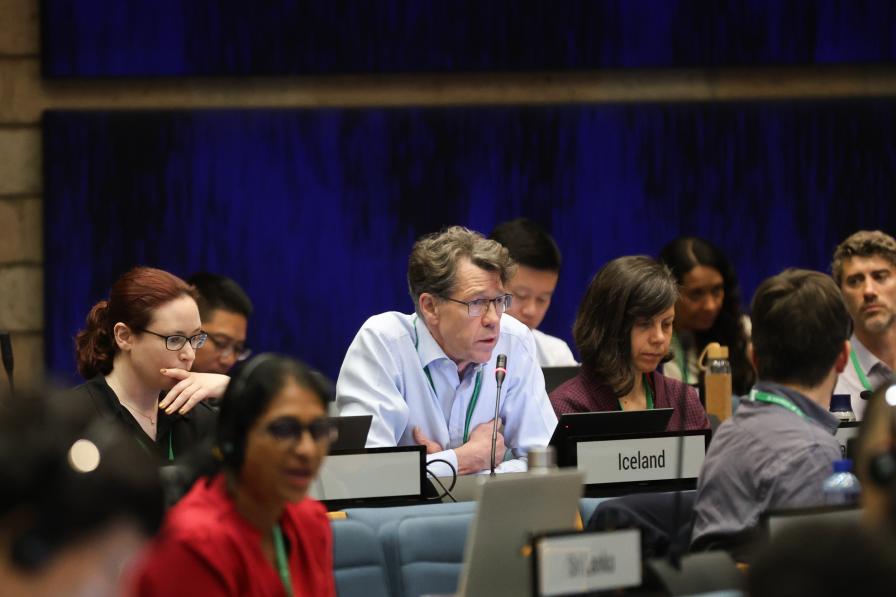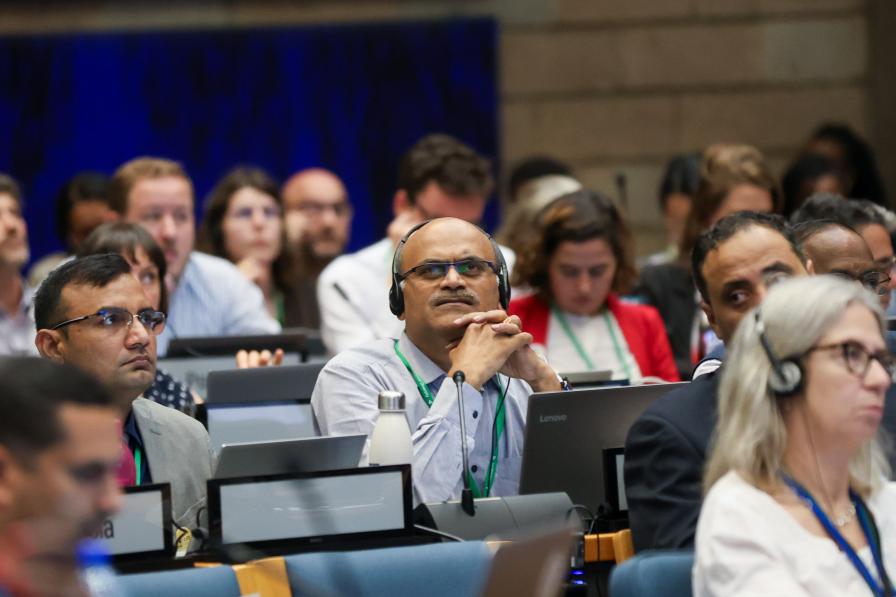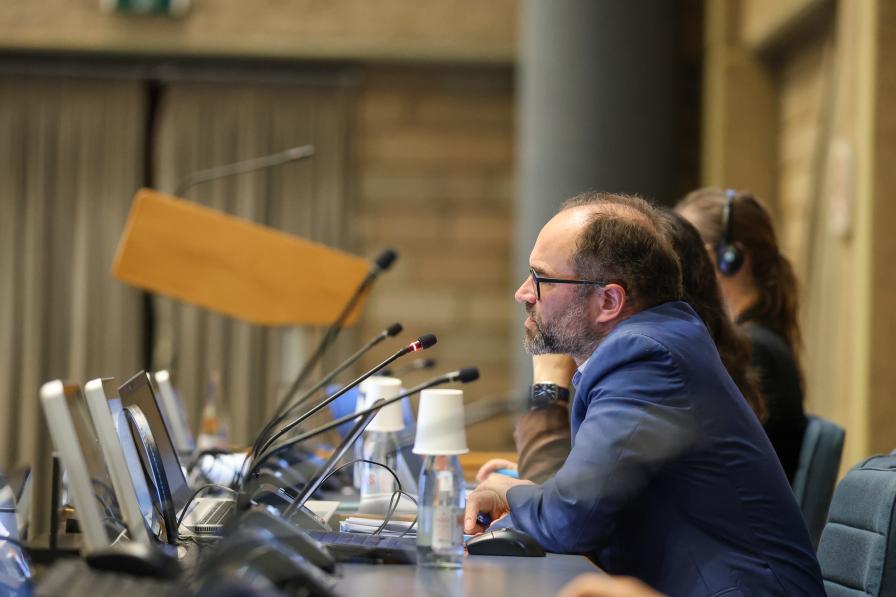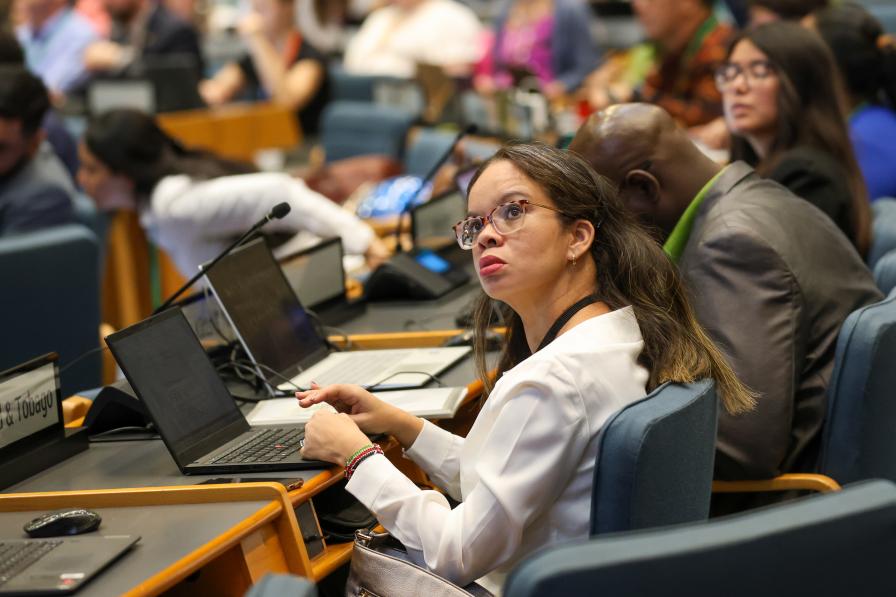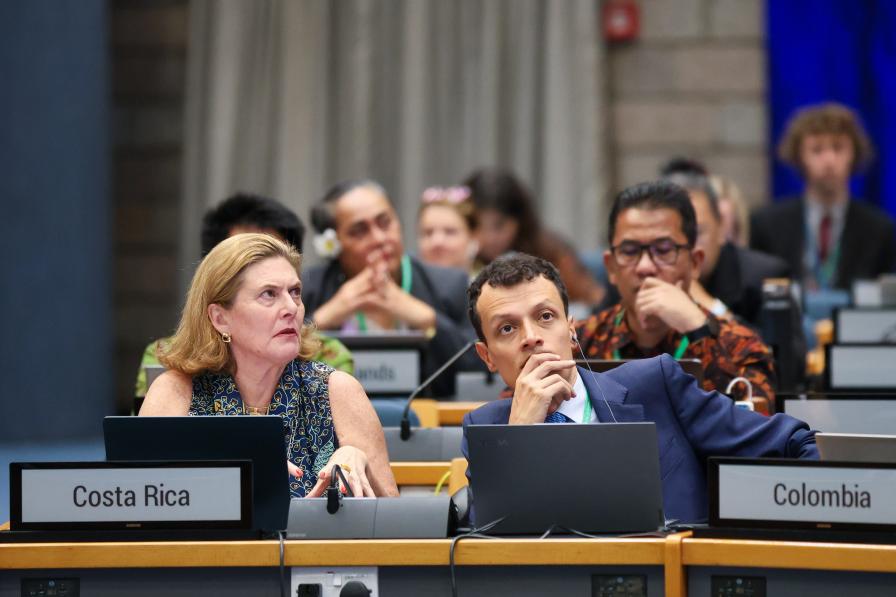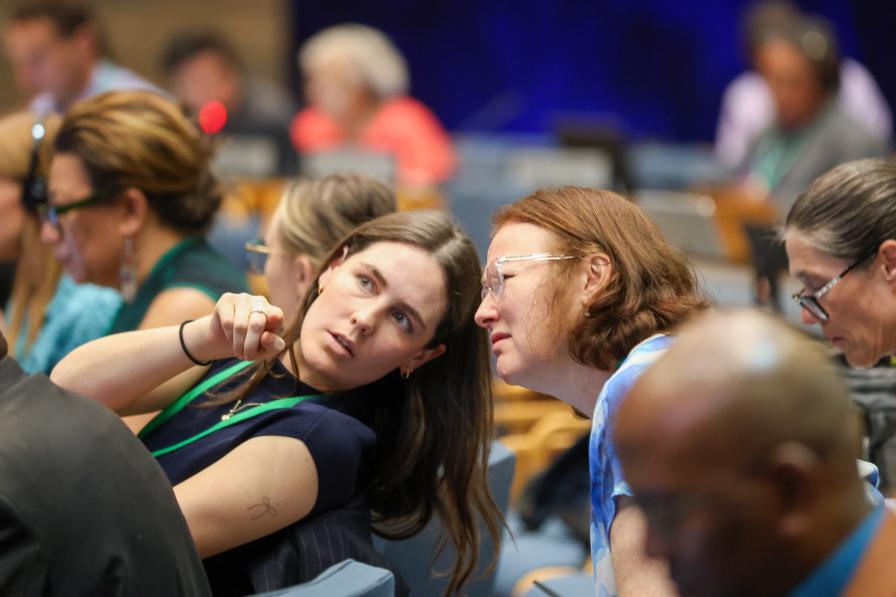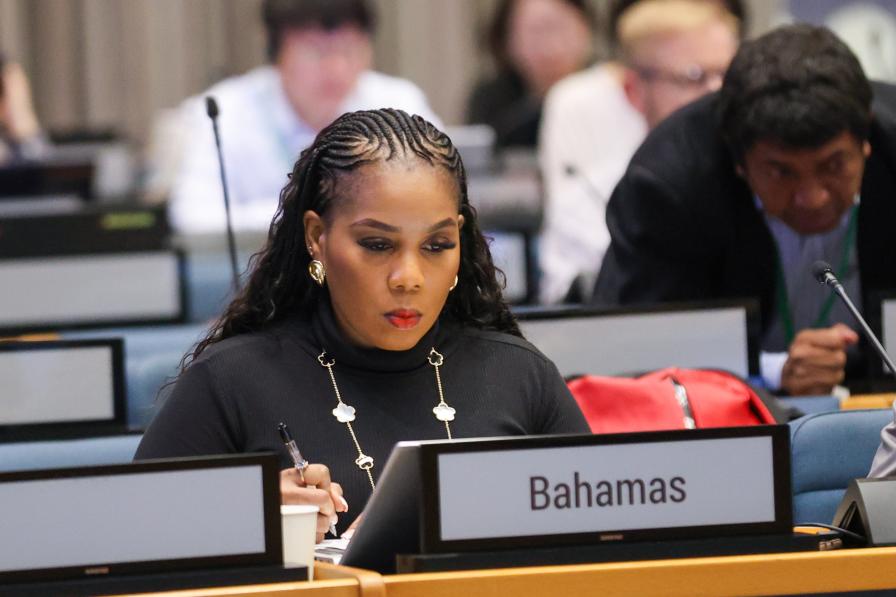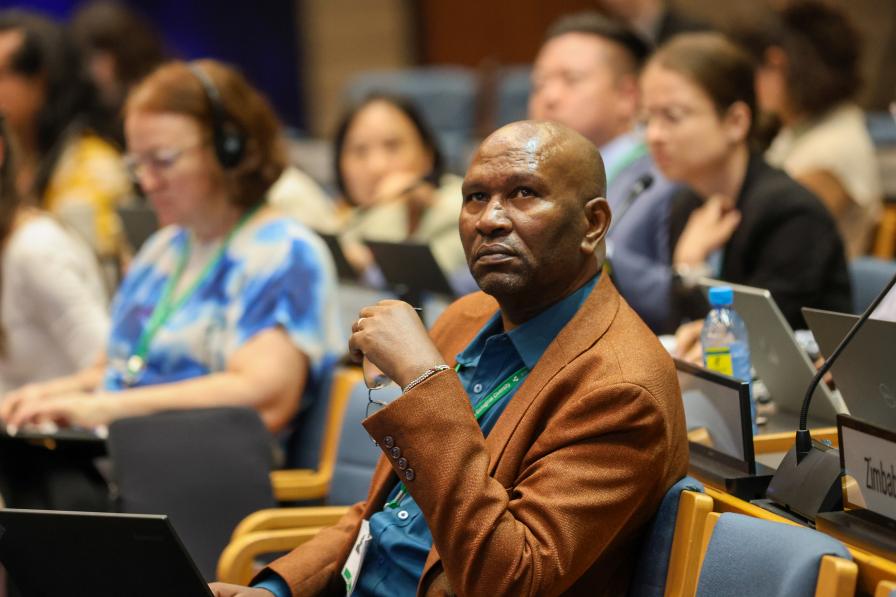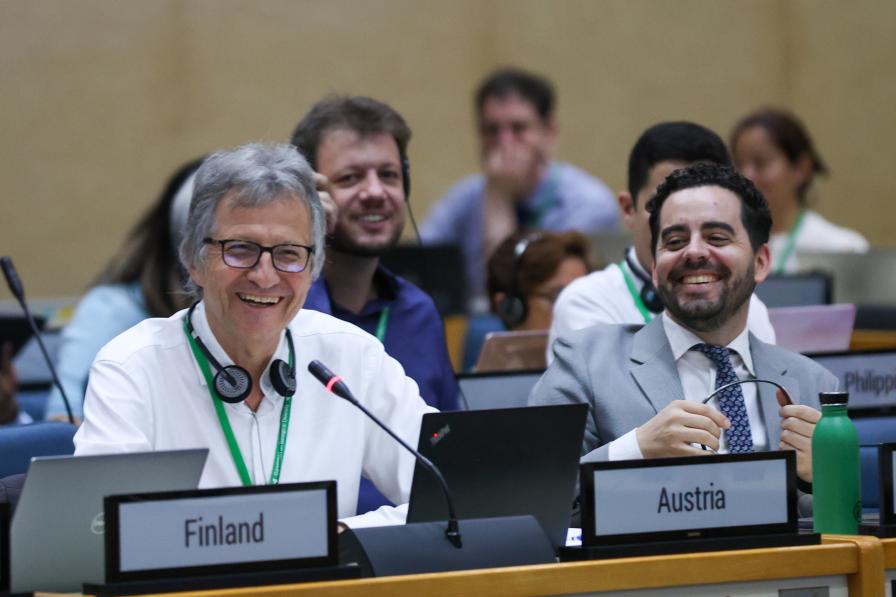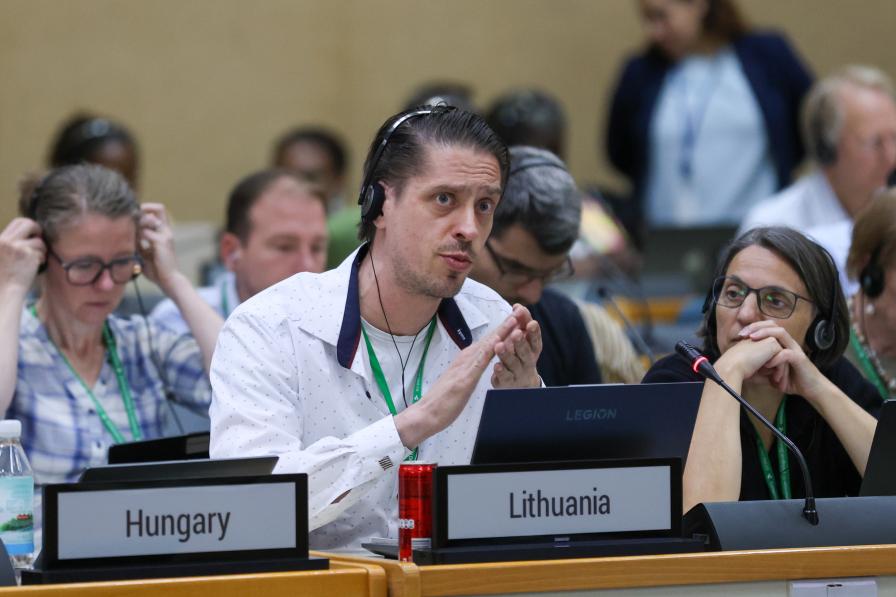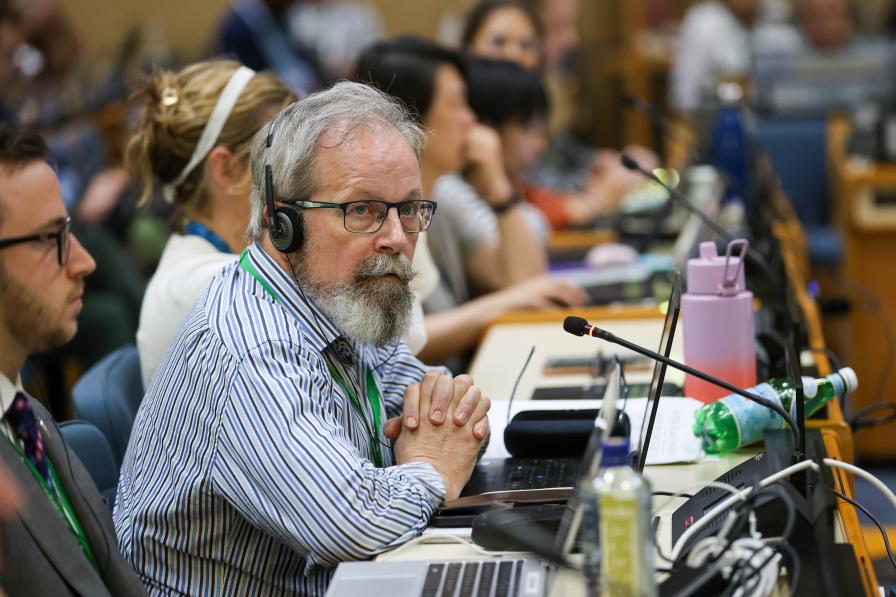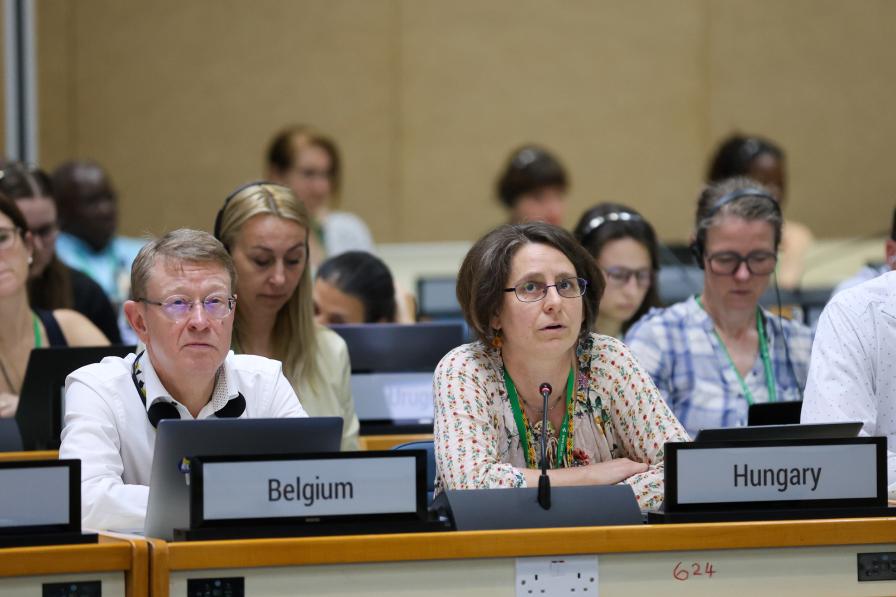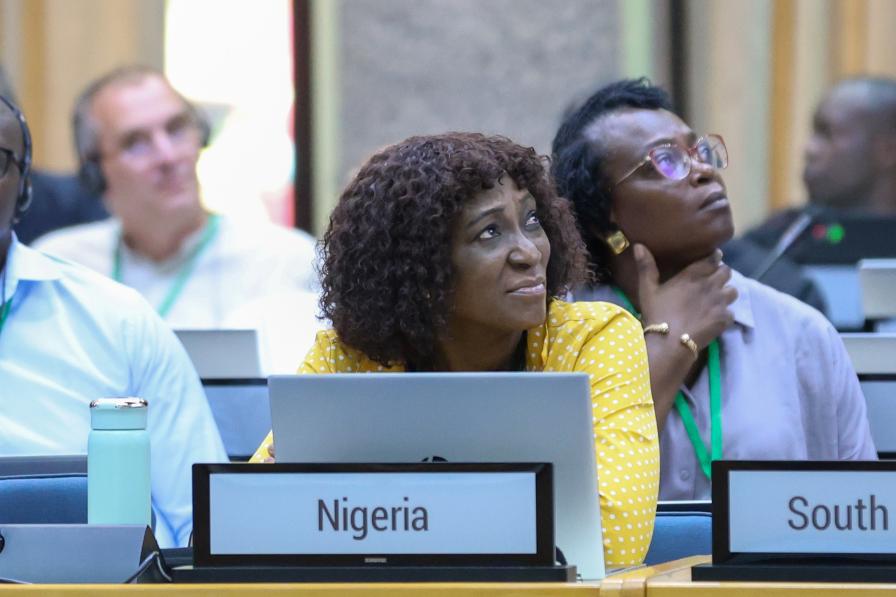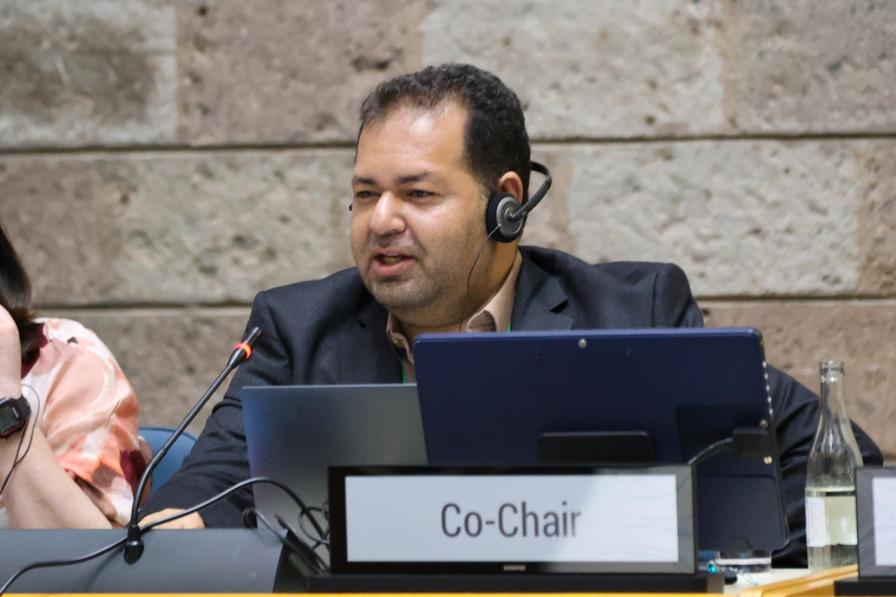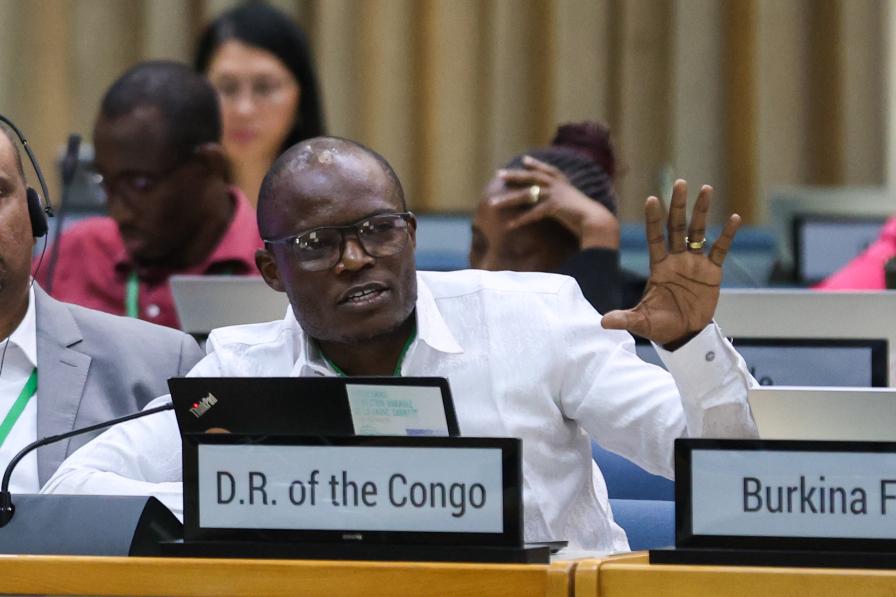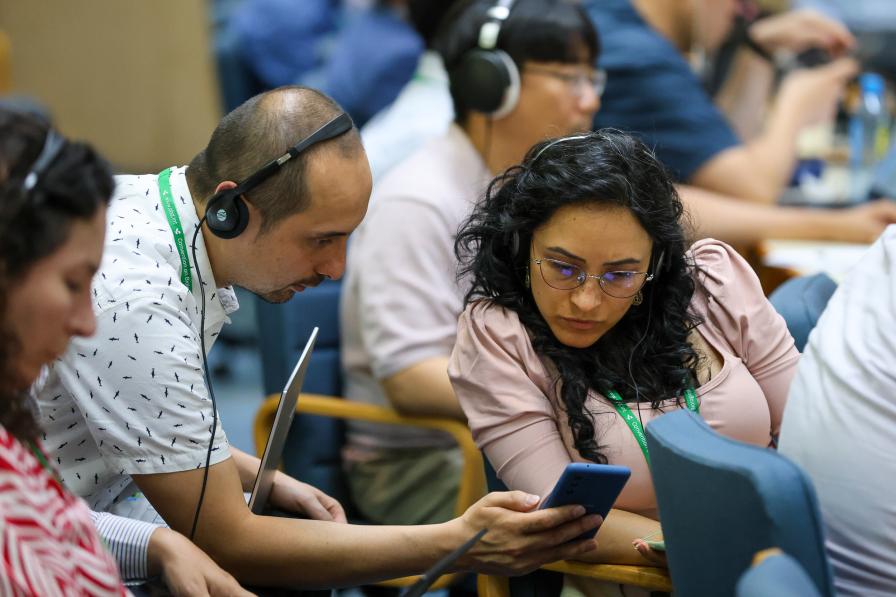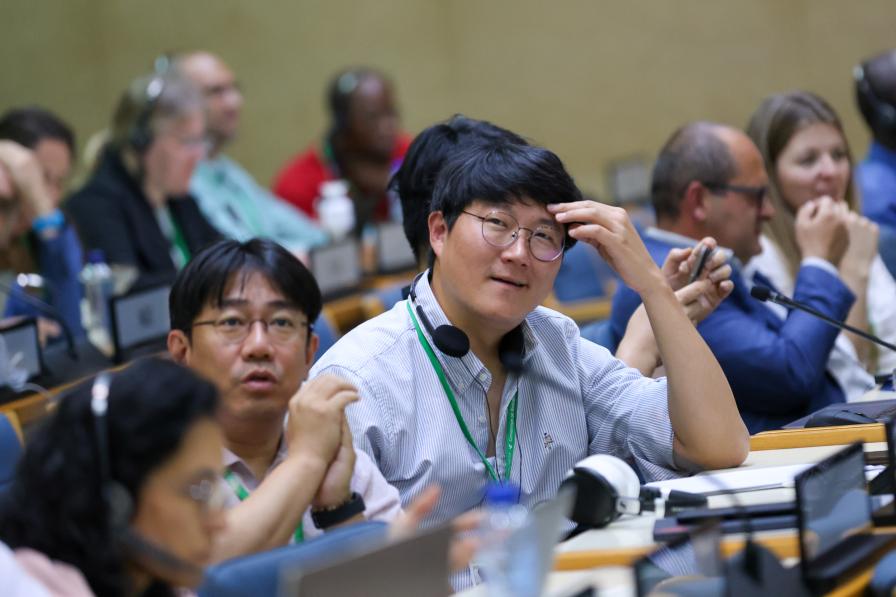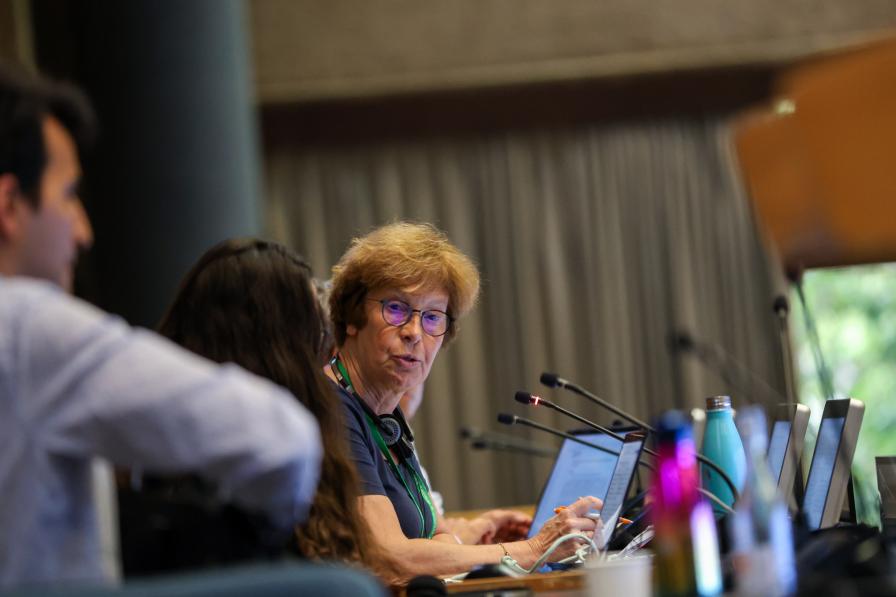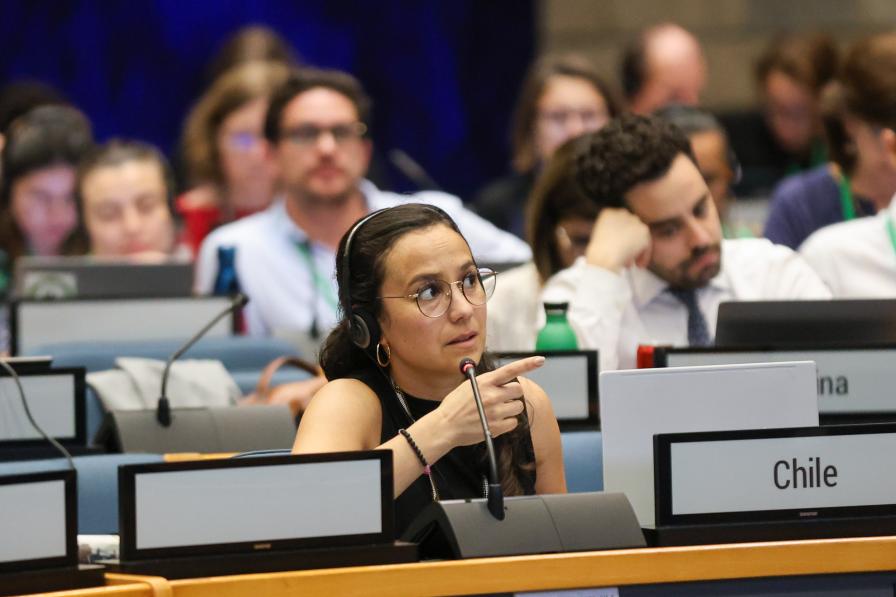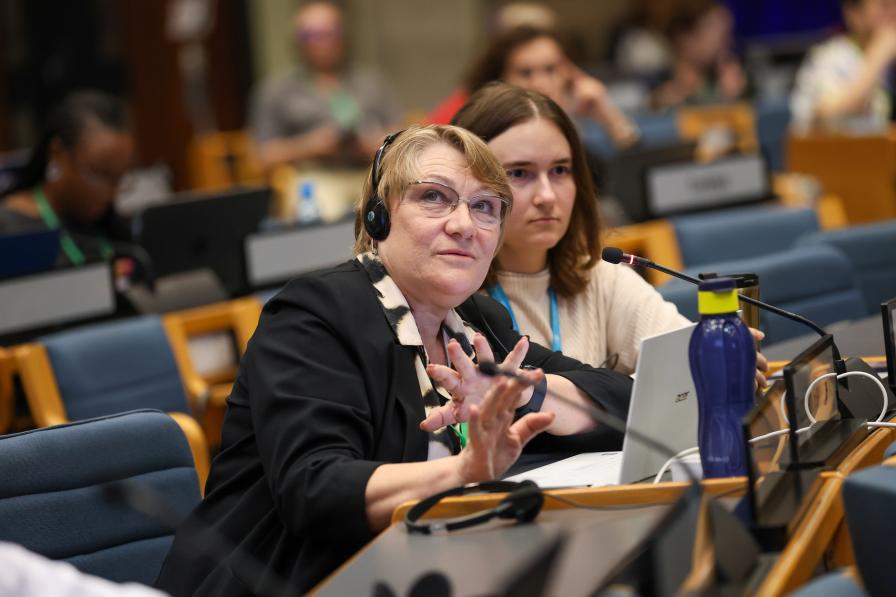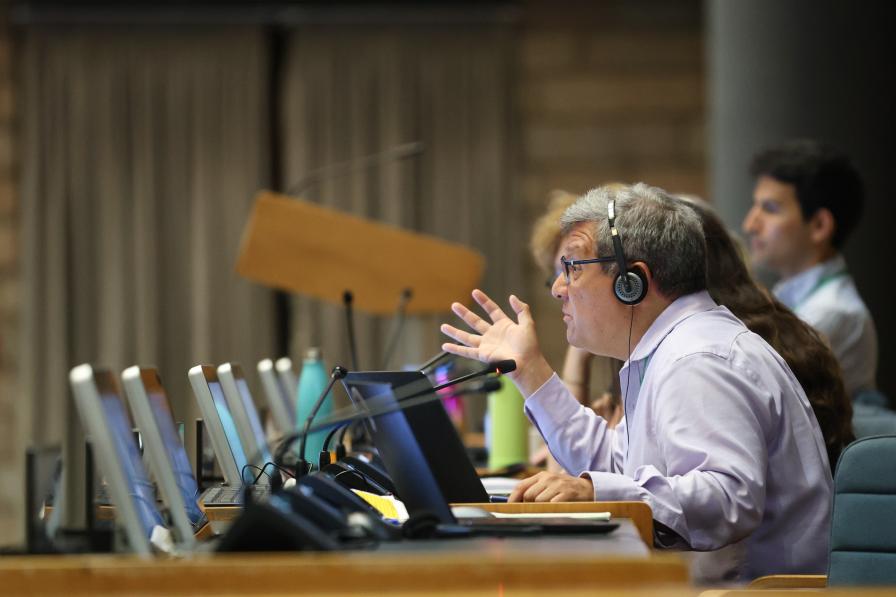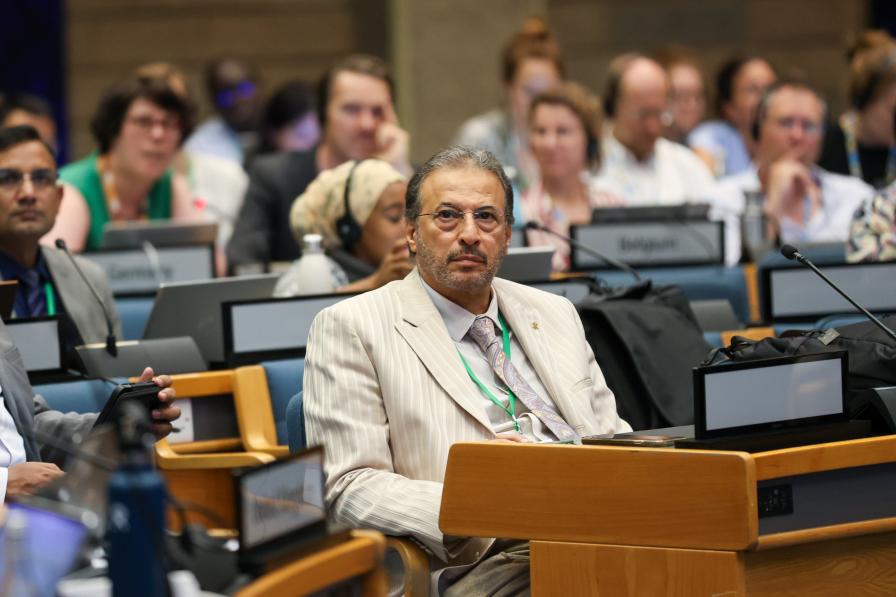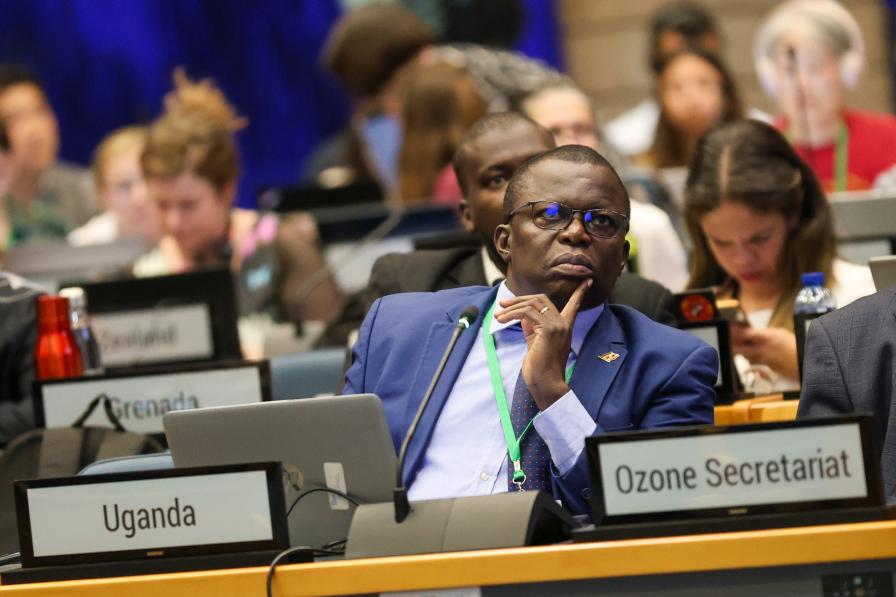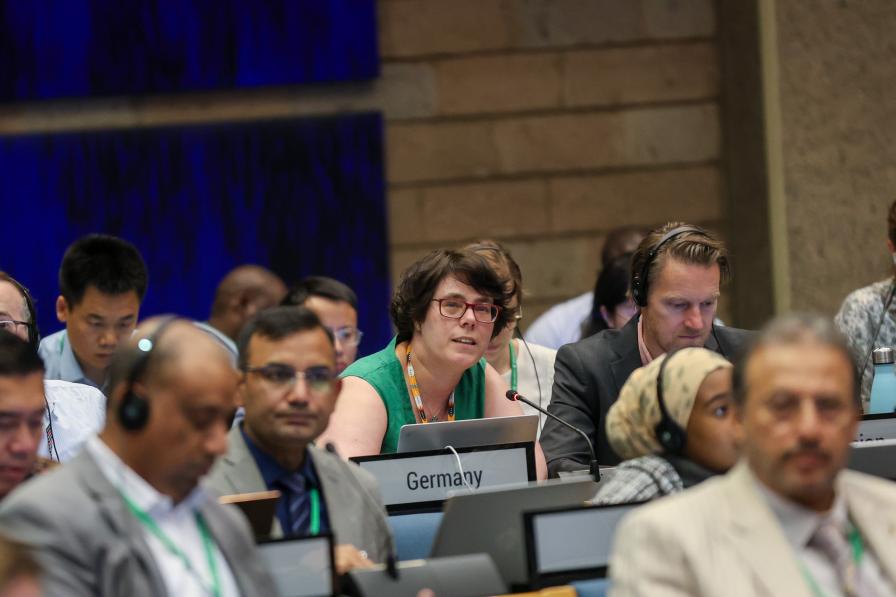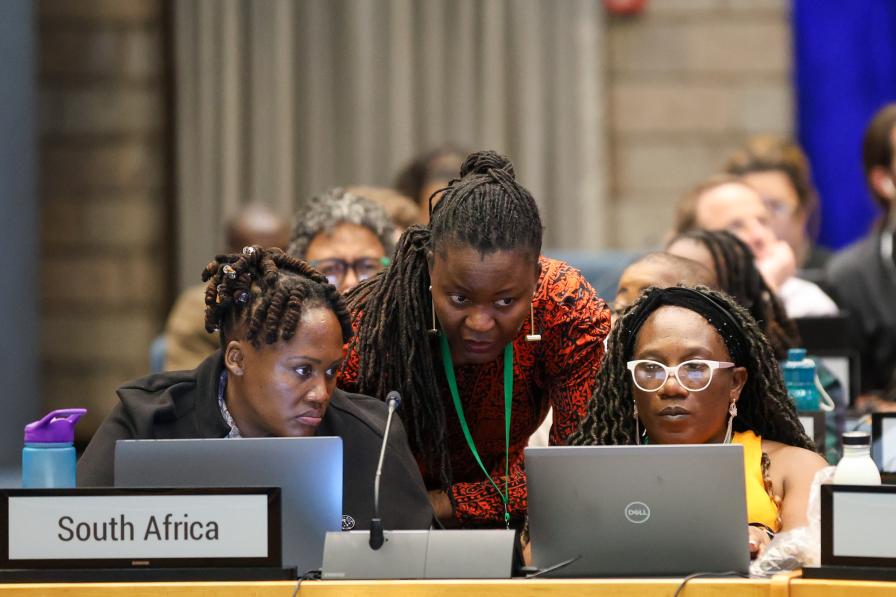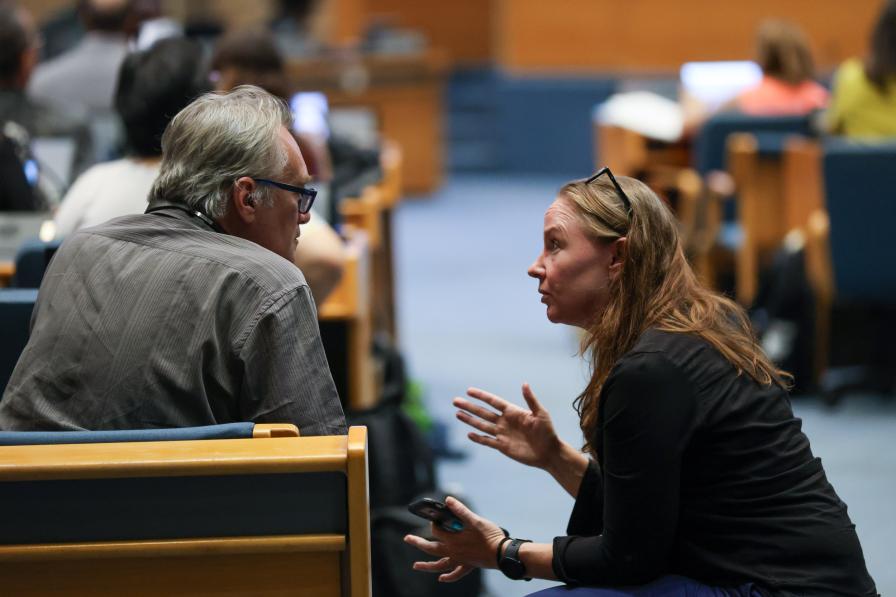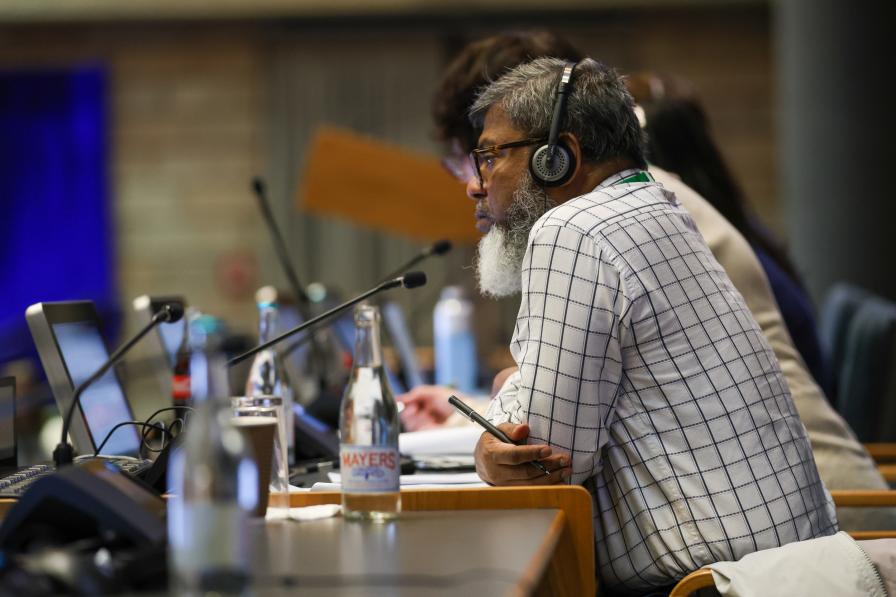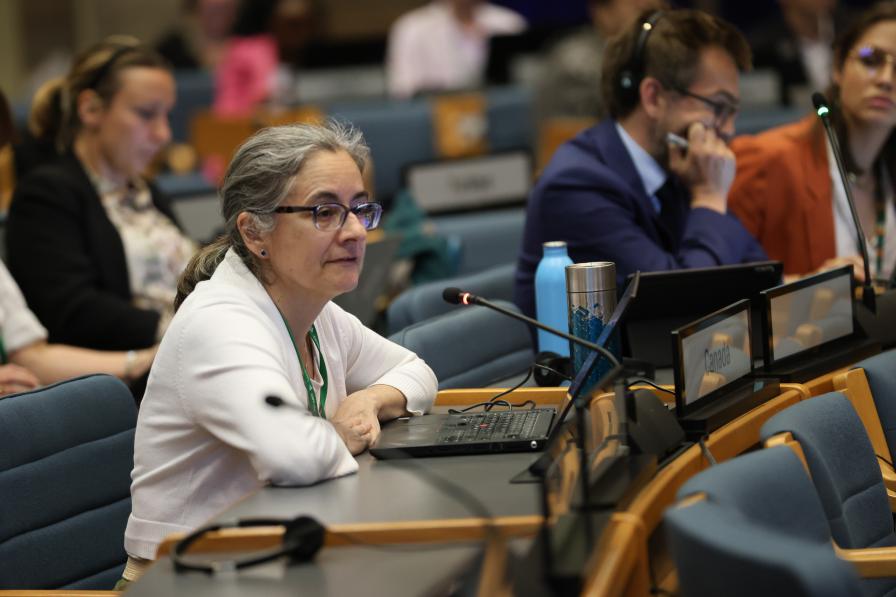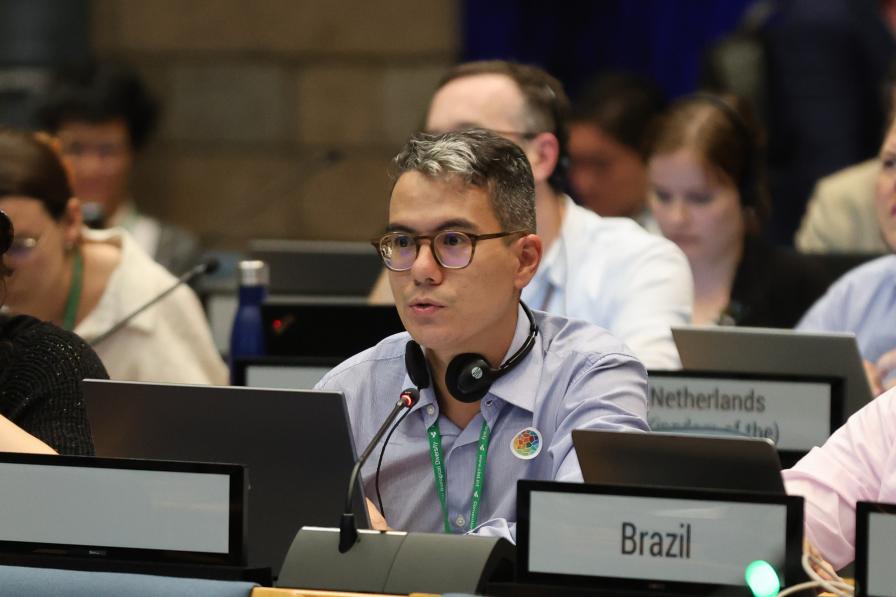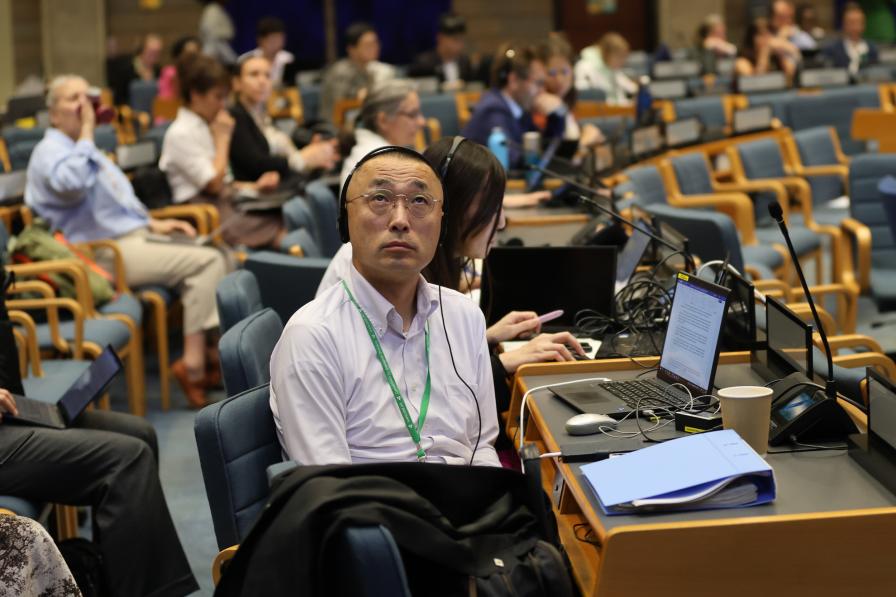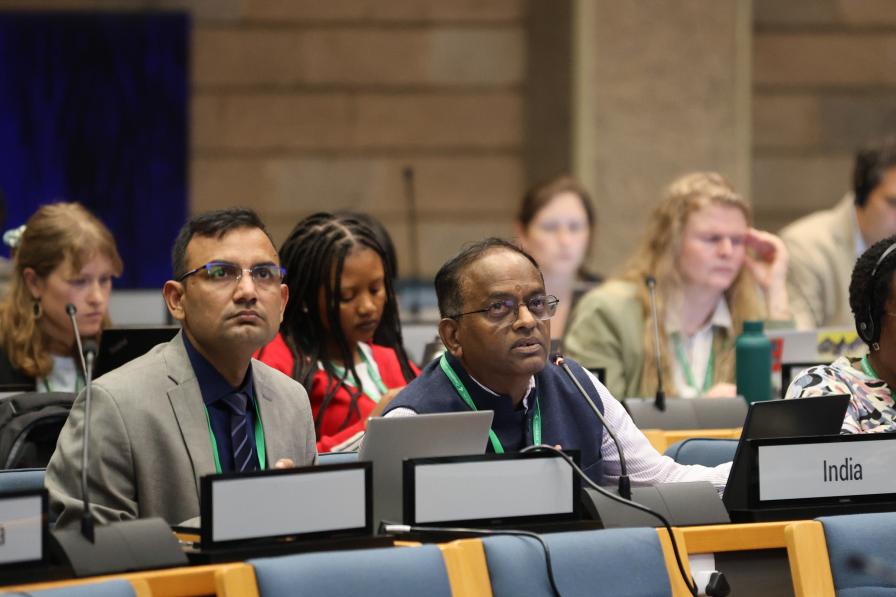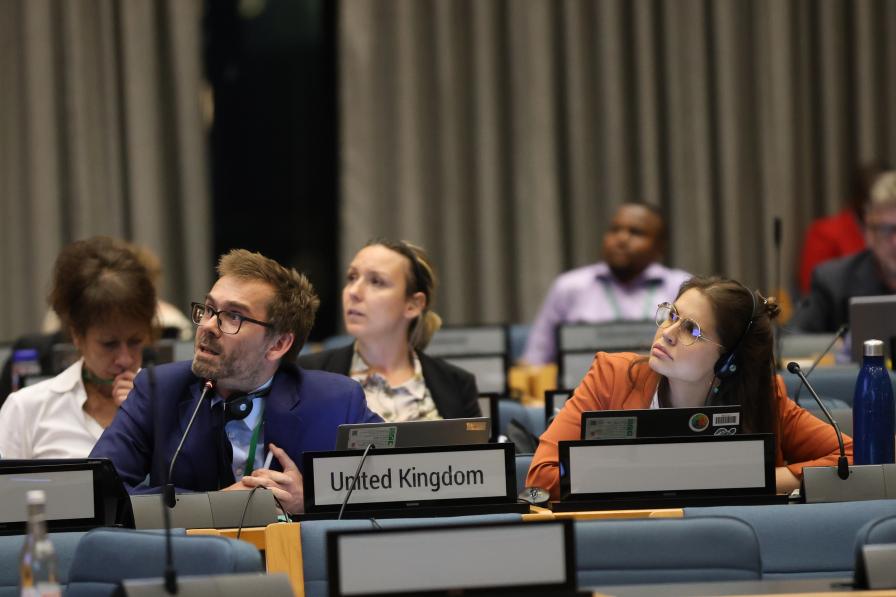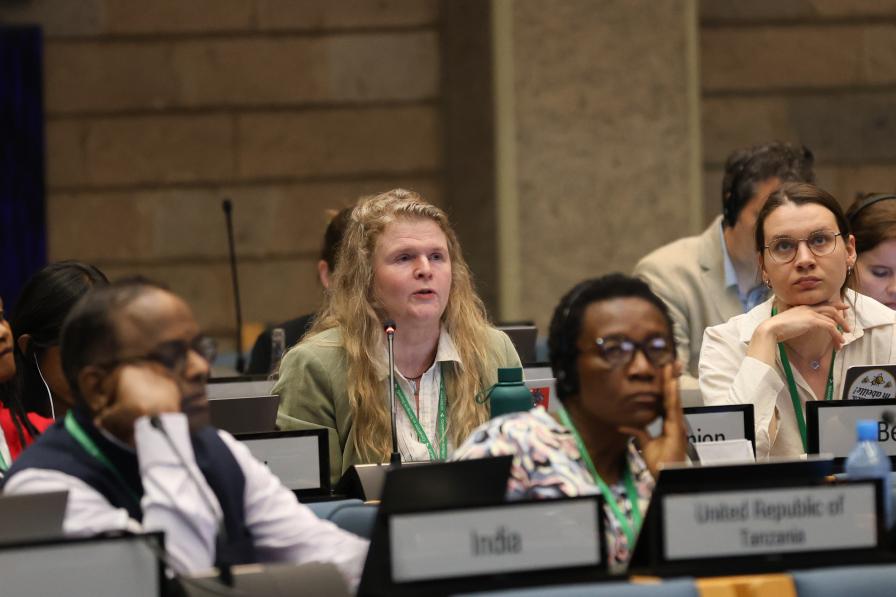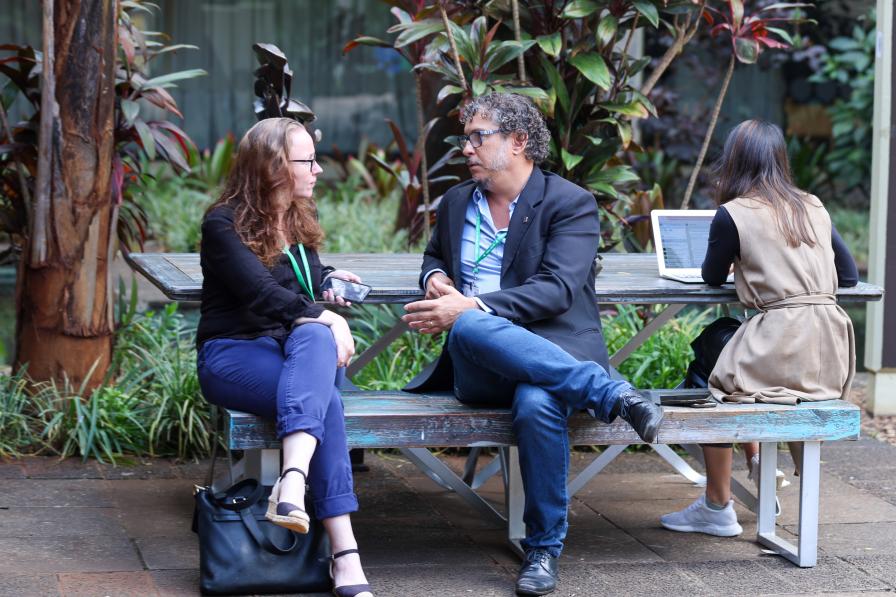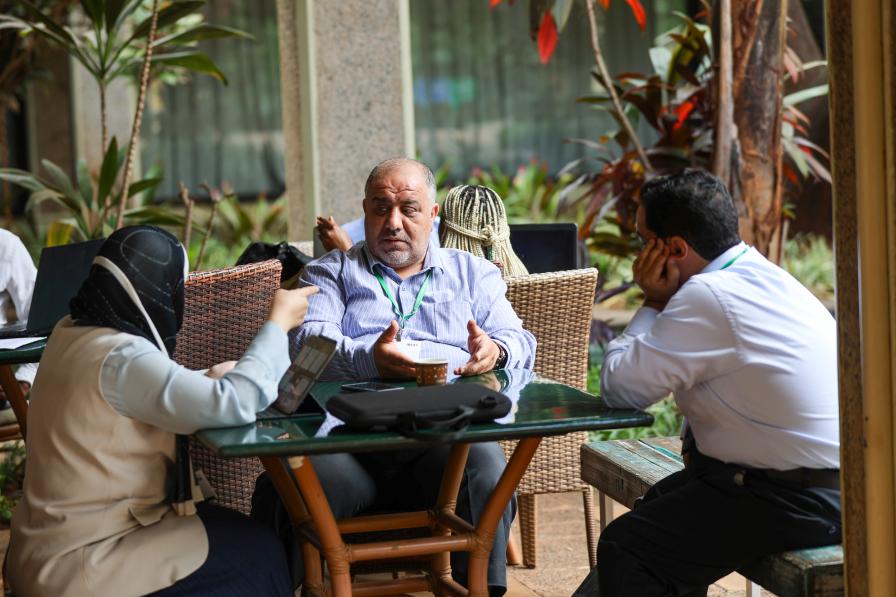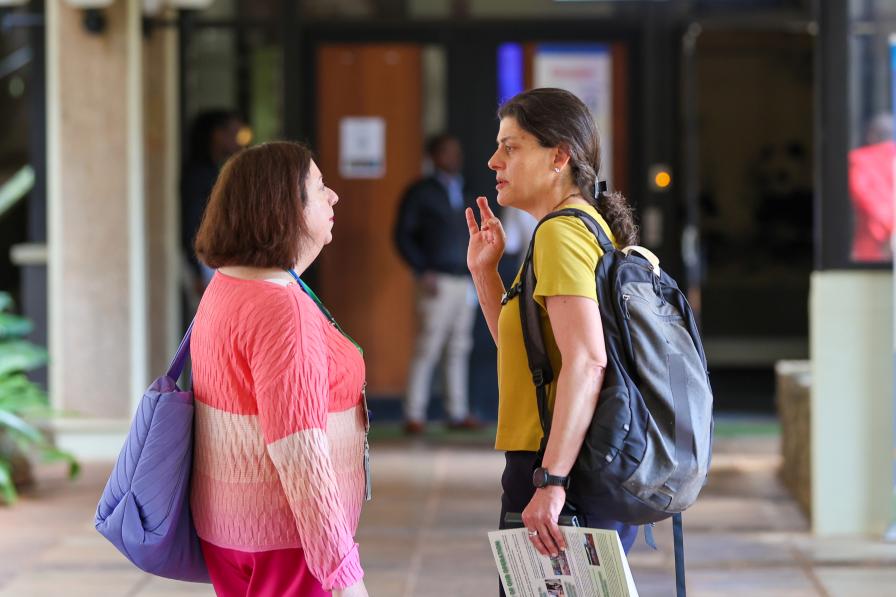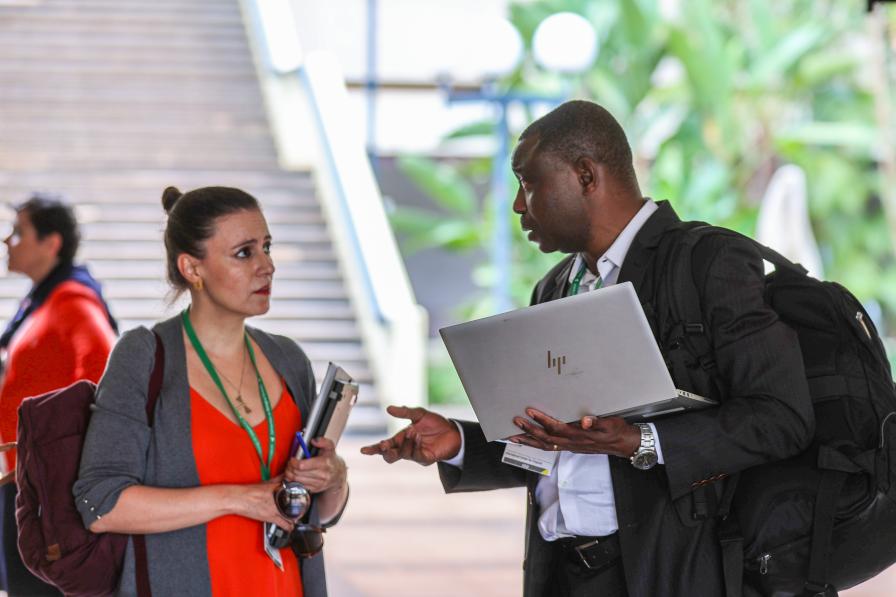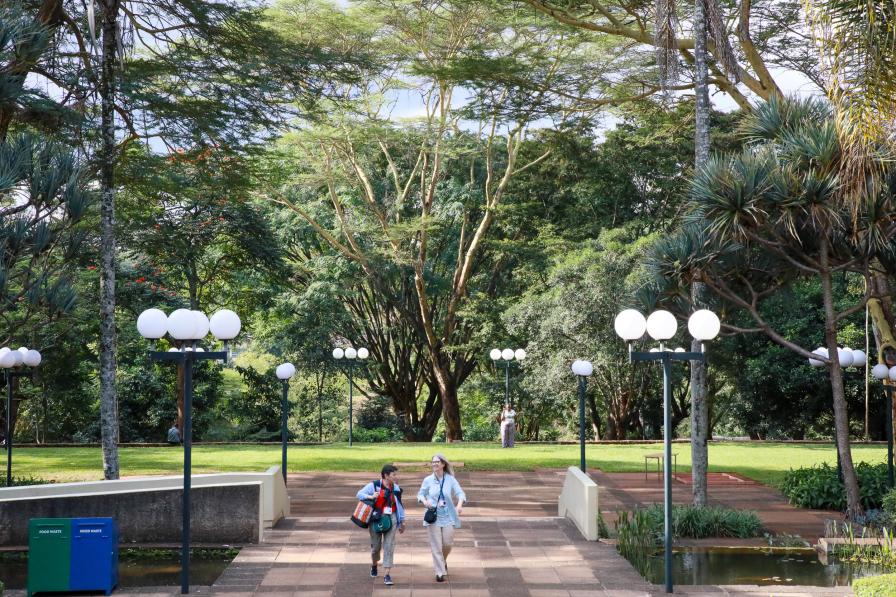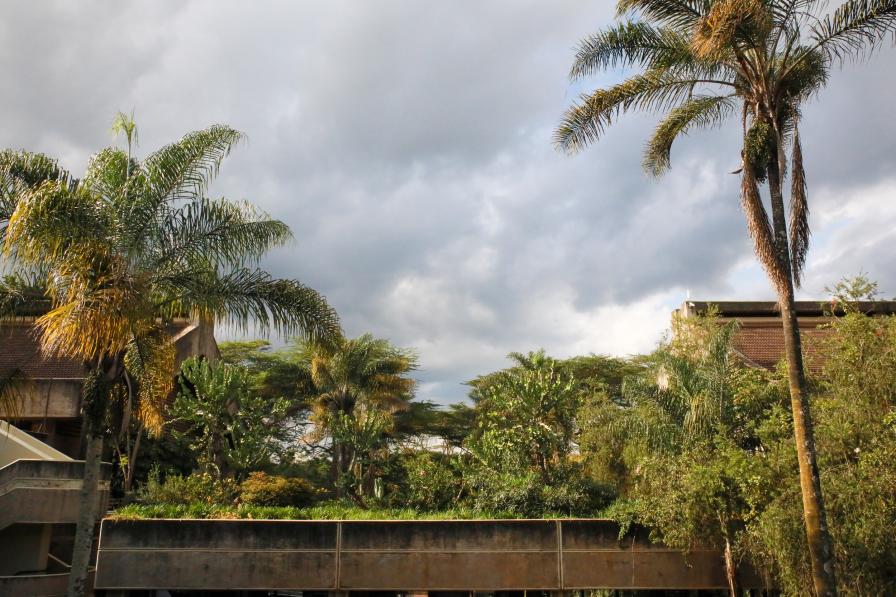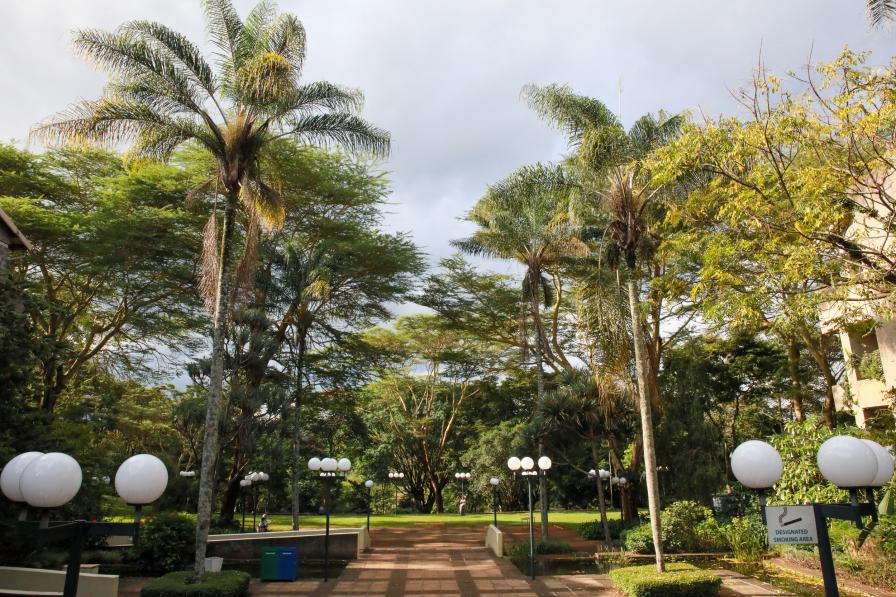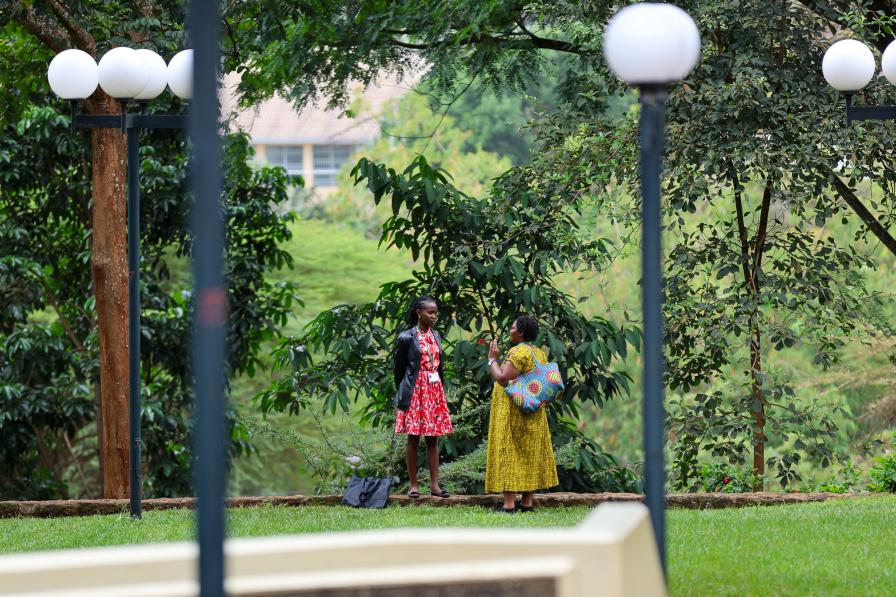The day’s schedule gave way to contact group negotiations, as delegates tried to find common ground on the more controversial items on the agenda — synthetic biology; marine and coastal biodiversity; the monitoring framework of the Kunming-Montreal Global Biodiversity Framework (GBF); and health and biodiversity.
Want to dig deeper into today's talks? Read the full Earth Negotiations Bulletin daily report.
Contact groups, which constitute a usual practice in multilateral environmental negotiations, often allow a more direct exchange of views between delegates and facilitate necessary compromises. This was the case in some of the contact group sessions today at the 26th meeting of the Subsidiary Body on Scientific, Technical and Technological Advice (SBSTTA 26), while others struggled to make substantive progress.
In the morning, delegates focused on synthetic biology and marine and coastal biodiversity. Discussions on synthetic biology were difficult, with common ground evading delegates, even on how to reflect previous CBD decisions. Most suggested additions ended up bracketed and limited progress was made, with most of the session devoted to preambular paragraphs. The co-chairs urged informal consultations to reach consensus. Negotiations continued in the evening, as parties strived to make progress on a complex, technical, and often politicized agenda item.
Marine and coastal biodiversity focused on modalities for the modification of descriptions of ecologically or biologically significant marine areas (EBSAs) and the description of new areas. Delegates addressed two pathways for EBSAs within national jurisdiction: one entailing inclusion in the EBSA repository, through a process requiring consideration by SBSTTA and the meeting of the Conference of the Parties (COP); and the other, entailing inclusion in the information-sharing mechanism, which does not require consideration by SBSTTA or the COP.
In the afternoon, delegates focused on: the reasons for which modifications to EBSA descriptions can be made; the proponents who can modify existing EBSAs or propose new areas; elements that proponents should consider; and the process by which states can object. Long-discussed jurisdictional issues were also brought up, with some noting their concern on introducing political considerations to a scientific and technical process, while others emphasized the inherently political nature of EBSAs — due to their occurrence in sovereign states’ jurisdictions. Strong divergence arose on whether the mandate of SBSTTA allows the consideration of legal and political issues such as sovereignty.
Deliberations on the monitoring framework of the GBF were productive although less efficient than most delegates wished. The contact group concluded the consideration of binary indicators and the preambular paragraphs of the draft recommendation. The operational paragraphs, however, were not addressed due to a lack of time, with many delegates emphasizing the need for additional time to make progress, opposing the alternative to send the operational paragraphs fully bracketed to COP 16.
The contact group on health and biodiversity met in the evening, where delegates considered a non-paper. Although many parties had suggested their willingness to accept a version of the global action plan on biodiversity and health presented during plenary, divergence expressed on a host of points within the text kept the pace of progress slow.
To receive free coverage of global environmental events delivered to your inbox, subscribe to the ENB Update newsletter.
All ENB photos are free to use with attribution. For CBD SBSTTA 26 and SBI 4, please use: Photo by IISD/ENB Mike Muzurakis.

